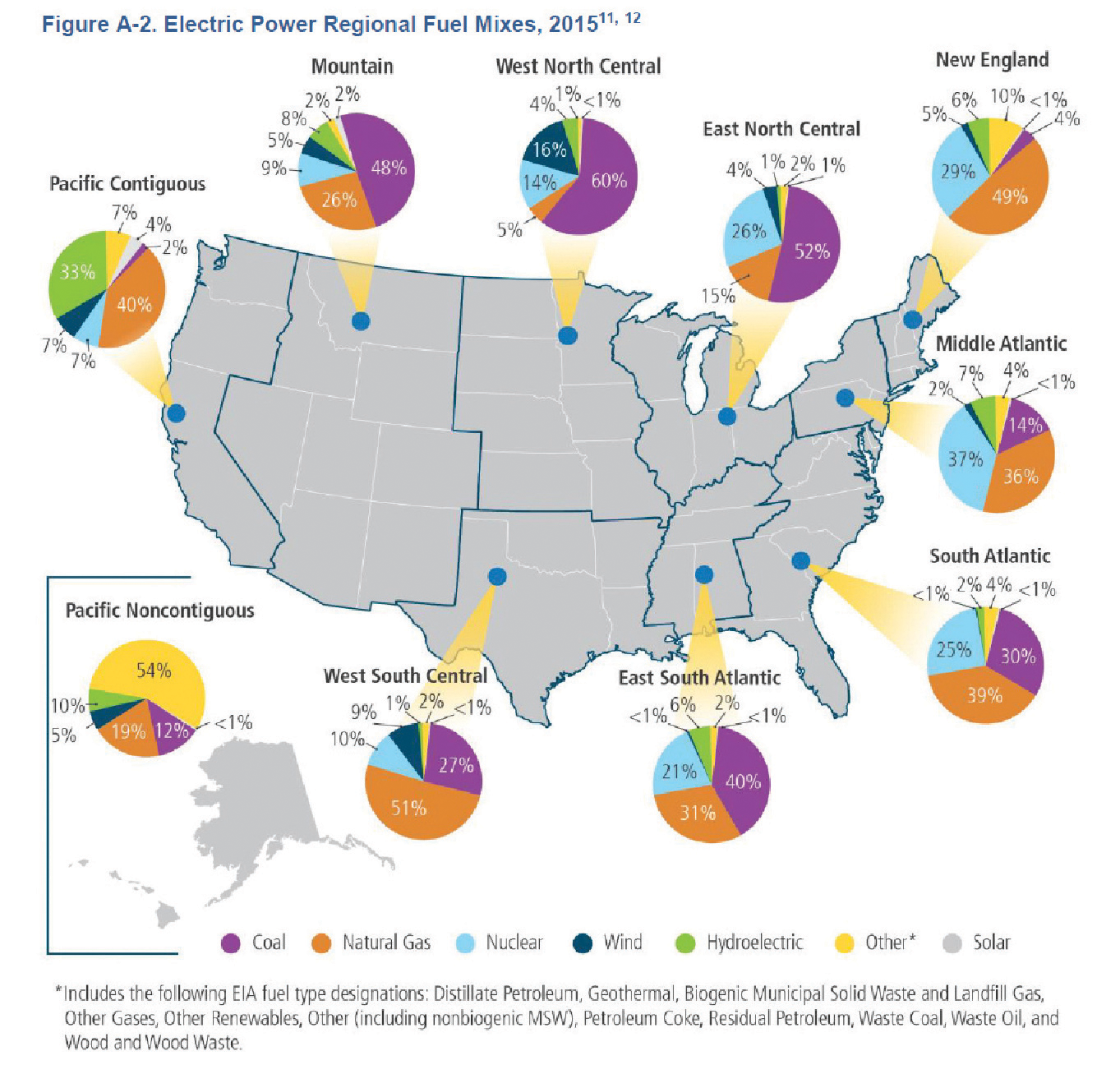Notwithstanding an erroneous story that Russian computer attackers had hacked Vermont's Burlington Electric Department's system, the United States' electrical grid is in "imminent danger" of cyberattacks, the US Energy Department warned recently.
 "Widespread disruption of electric service because of a transmission failure initiated by a cyberattack at various points of entry could undermine U.S. lifeline networks, critical defense infrastructure and much of the economy; it could also endanger the health and safety of millions of citizens," the DOE said in its 494-page second installment of the Quadrennial Energy Review (QER). "Also, natural gas plays an increasingly important role as fuel for the nation's electricity system; a gas pipeline outage or malfunction due to a cyberattack could affect not only pipeline and related infrastructures, but also the reliability of the nation's electricity system."
"Widespread disruption of electric service because of a transmission failure initiated by a cyberattack at various points of entry could undermine U.S. lifeline networks, critical defense infrastructure and much of the economy; it could also endanger the health and safety of millions of citizens," the DOE said in its 494-page second installment of the Quadrennial Energy Review (QER). "Also, natural gas plays an increasingly important role as fuel for the nation's electricity system; a gas pipeline outage or malfunction due to a cyberattack could affect not only pipeline and related infrastructures, but also the reliability of the nation's electricity system."
To deal with the threat, Congress should update the Federal Power Act to grant the DOE emergency powers over the electrical grid, the report said.
The 76 recommendations in the QER include:
• Amend Federal Power Act authorities, including new authorities under the FAST Act, to clarify and affirm that the electricity system – from bulk power to the distribution -- is a national security asset, making its protection a fundamental federal responsibility.
• Collect information on a confidential basis to inform the President about emergency actions and imminent threats to the electric grid to meet statutory responsibilities under the FAST Act.
• Adopt integrated electricity security planning and standards on a regional basis through a FERC-rulemaking to assist DOE in carrying out its authorities to address national security imperatives to protect the electricity systems under the FAST Act.
• Significantly increase Federal investment in clean electricity RD&D and implement regional clean energy innovation partnerships.
• Support grants for small utilities facing cyber, physical, and climate threats and accounting for emerging threats in reliability planning.
• Increase North American clean energy and technical coordination and enhancing cooperation on energy information exchange across North America.
The first installment of the QER – “Energy Transmission, Storage, and Distribution Infrastructure” – was published in April 2015 and focused on the infrastructures that transmit, store, and distribute the nation's energy.
To review the report and related analyses, visit energy.gov/QER.
See also "NERC ‘CIP 5’ reliability requirements extended to 32 more Ontario generators" IPPSO FACTO November 2014, and “A new Cybersecurity Framework is coming to Ontario,” IPPSO FACTO December 2016.
